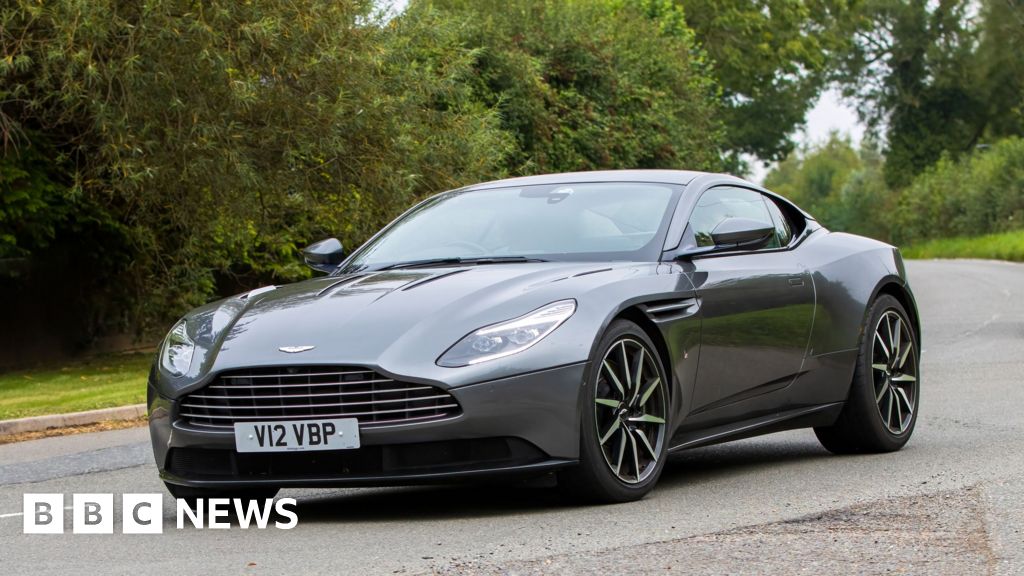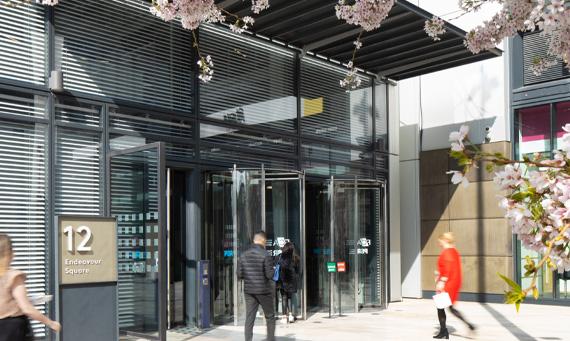Renewable energy sources are generating a record percentage of the world’s electricity. With nearly a third of the world’s total coming from cleaner sources, installations of wind and solar facilities are also growing at record rates.
The lack of power grids to support this rate of growth means that a large chunk of this electricity may start going to waste. A surge in power demand fuelled by artificial intelligence-related sectors could supercharge a buildout of the world’s transmission networks — and that will boost key suppliers of the kit needed.
Almost 3,700 gigawatts of new renewable capacity is expected to come online over the five years to 2028 around the world, according to the International Energy Agency. In Asia, companies are starting to invest heavily to get power grid infrastructure up to speed to meet this new capacity as demand from AI-related sectors offers the prospect of a quick pay-off.
Operating and training generative AI services is highly energy-intensive. AI data processing requires significantly more power than traditional data-centre activities. Some studies estimate that generative AI systems use about 33 times more energy than machines running task-specific software.
Justifying the investment decision to build out grids has become easier, given that near-guaranteed demand. Japan’s largest electric utility company, Tokyo Electric Power Company Holdings, for example, will spend more than $3bn to build up its transmission infrastructure by financial year 2027 through its subsidiary Tepco Power Grid — tripling its level of investment.
This year, it launched a large-scale substation — its first in more than two decades — in Inzai, in the Chiba prefecture east of Tokyo. This coincides with the construction of several data centres in the area including by Google’ and Japanese IT group NEC.

A local beneficiary from the investment in power transmission and distribution networks is conglomerate Hitachi, whose power grids business makes hardware for electrical grids and load-dispatching systems. Recent earnings already reflect growing demand for power transmission solutions, with group net profit for the June quarter more than doubling to $1.2bn.
Shares of Hitachi are up 80 per cent this year, and trade at 26 times forward earnings — about triple the levels of two years ago. In the US alone, the grid connection backlog increased 30 per cent last year. As renewable energy capacity continues to grow, grid integration and energy storage solutions will become increasingly lucrative sectors.









































































































































You must be logged in to post a comment Login